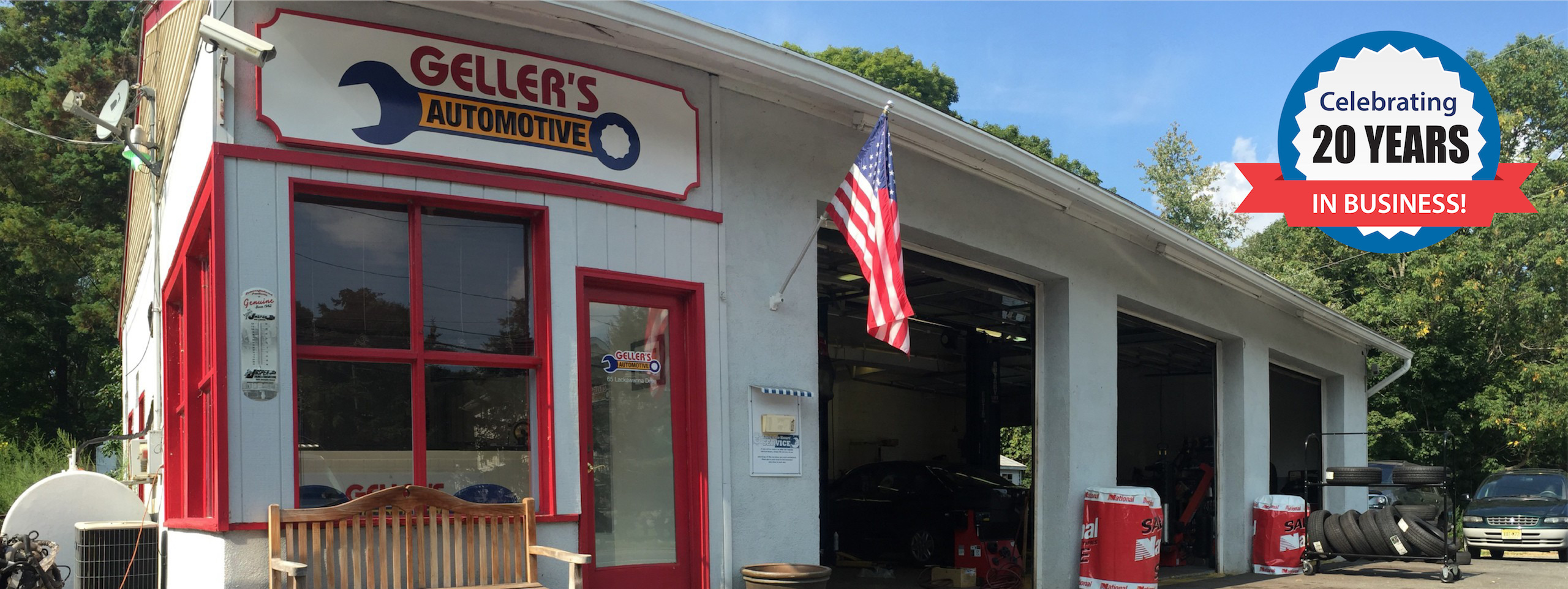 The timing belt in your automobile runs the engine camshaft. It’s responsible for making sure the valves open and close at the proper timing to coincide with the movement of the pistons. Timing belt replacement is typically one of the higher-priced maintenance items, and for this reason, many car owners forego having it replaced when the manufacturer recommends. Here’s the problem – If the timing belt fails, your car engine will stop and can cause serious engine damage. In this months blog post, I’ll answer some of the more common questions about replacing the timing belt.
The timing belt in your automobile runs the engine camshaft. It’s responsible for making sure the valves open and close at the proper timing to coincide with the movement of the pistons. Timing belt replacement is typically one of the higher-priced maintenance items, and for this reason, many car owners forego having it replaced when the manufacturer recommends. Here’s the problem – If the timing belt fails, your car engine will stop and can cause serious engine damage. In this months blog post, I’ll answer some of the more common questions about replacing the timing belt.
When should the timing belt be replaced?
Timing belts wear out naturally. Because serious engine damage can occur if it fails, you definitely want to replace the timing belt before it slips or breaks. The schedule for replacing a timing belt depends on the make of your vehicle. Recommended replacement intervals vary from 60,000 to 100,000 miles. You can find this information in your owner’s manual. The technicians at Geller’s Automotive in Byram, NJ, are also happy to answer any questions about why replacing the timing belt is important.
Why does it cost so much to replace a timing belt?
A timing belt isn’t easily accessible on most car engines. As such, it becomes a fairly labor intensive job when the timing belt needs to be replaced. When it comes time to replace your timing belt, you may find it’s a good idea to replace other parts that are also difficult to access, like the tensioner, idler arm, and water pump. This is all part of what we refer to as “preventive maintenance.” The goal of preventive maintenance is to take care of a specific part or component before it fails. The cost for replacing a timing belt is much more cost-effective than having to replace an entire engine that fails because the timing belt breaks.
Can’t you just inspect the belt to see if it needs to be replaced?
No, most timing belts are hidden behind dust covers and other engine components that prevent us from being able to see their condition.
What happens if the timing belt breaks?
The amount of damage your car’s engine will sustain when a timing belt breaks depends on the type of engine – interference or non-interference.
If your vehicle has an interference engine, the timing belt is responsible for keeping the valves and pistons from smashing into each other. If the timing belt snaps, you’ll end up with bent valves, cylinder head or camshaft damage, and possibly damage to the piston and cylinder wall.
In a non-interference engine, the pistons and valves won’t smash together if the timing belt breaks so no valve or cylinder damage occurs.
Is a timing chain the same as a timing belt?
Instead of a timing belt, some cars have a timing chain. A timing chain is a maintenance-free unit and rarely needs to be replaced. If you don’t know whether your vehicle has a timing belt or chain, check your owner’s manual or ask one of our technicians when you bring your vehicle in for routine maintenance.
Have additional questions about replacing the timing belt? Ask us. When it comes time to have your timing belt replaced, call the automotive repair professionals at Geller’s Automotive in Byram, New Jersey. Click here to make an appointment for replacing the timing belt now.



